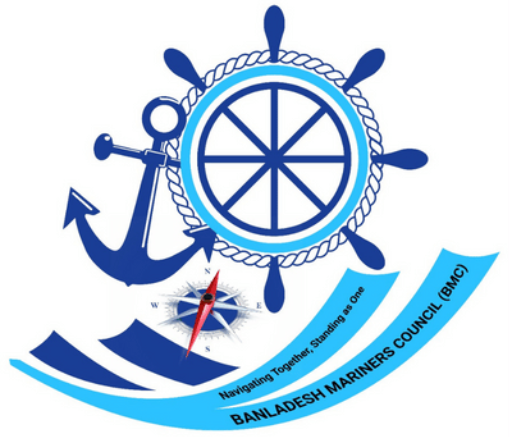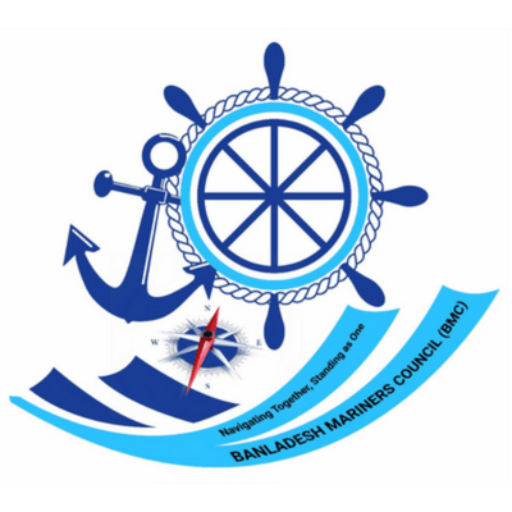The maritime industry is one of the most crucial sectors for global trade and transportation, with vessels carrying over 80% of the world’s merchandise by volume. As technology evolves and environmental concerns intensify, maritime policies are continually adapting to address these changes. For Bangladesh, a nation with a significant maritime presence, staying ahead of these policy shifts is vital for ensuring safety, sustainability, and economic growth. In this article, we’ll explore the key upcoming maritime policies, their potential impacts, and how Bangladeshi mariners and stakeholders can prepare for these changes.
Emerging Trends in Maritime Policies
Global Influences on Maritime Policy
- International Regulations and Agreements
The global maritime industry is governed by a complex web of international regulations and agreements. The International Maritime Organization (IMO) plays a central role in shaping these policies. Recent developments, such as the IMO’s strategy to reduce greenhouse gas (GHG) emissions from ships, reflect a growing global consensus on environmental responsibility.
- IMO’s Greenhouse Gas Strategy: The IMO aims to reduce GHG emissions by at least 50% by 2050 compared to 2008 levels, with a vision to decarbonize international shipping entirely. This ambitious target is expected to lead to stricter regulations on fuel types, emission controls, and energy efficiency measures.
- Technological Advancements
Advancements in technology are influencing maritime policy, particularly concerning navigation, communication, and operational efficiency. The rise of digital technologies such as blockchain, artificial intelligence (AI), and the Internet of Things (IoT) are driving changes in how maritime operations are conducted and regulated.
- Smart Shipping and Digitalization: The adoption of smart shipping technologies, including automated systems and digital platforms, will likely result in updated regulations to ensure cybersecurity, data protection, and operational safety.
Local Initiatives and Policies in Bangladesh
- Environmental Regulations
Bangladesh, with its extensive coastline and maritime trade routes, is increasingly focusing on environmental protection. The government is aligning its policies with international standards to address pollution, conserve marine biodiversity, and mitigate the effects of climate change.
- National Marine Pollution Prevention Regulations: New regulations aim to minimize oil spills, manage waste disposal, and control hazardous substances. These regulations are crucial for preserving Bangladesh’s marine environment and adhering to global standards.
- Safety and Security Enhancements
Maritime safety and security are top priorities for Bangladesh. The government is enhancing its safety protocols to protect vessels, crew, and cargo from various risks, including piracy and maritime accidents.
- Enhanced Safety Standards: Recent updates include stricter requirements for vessel inspections, crew training, and emergency response protocols. These measures are designed to improve overall safety and reduce the risk of maritime incidents.
Upcoming Policy Changes and Their Impacts
Environmental Regulations
- Emission Control Areas (ECAs)
The introduction of Emission Control Areas (ECAs) will have a significant impact on maritime operations. ECAs are designated areas where stricter controls on sulfur oxides (SOx), nitrogen oxides (NOx), and particulate matter are enforced.
- Impact on Fuel and Technology: Vessels operating within ECAs will need to use low-sulfur fuels or adopt alternative technologies such as scrubbers. This shift will affect operational costs and may require investments in new technology.
- Climate Change Adaptation
Policies aimed at climate change adaptation will influence how maritime operations address rising sea levels, extreme weather events, and other climate-related challenges.
- Infrastructure Resilience: Investments in resilient port infrastructure and coastal defenses will be necessary to cope with the impacts of climate change. These measures will help protect maritime assets and ensure the continuity of operations.
Safety Protocols
- Mandatory Reporting Systems
The introduction of mandatory reporting systems for vessel movements, cargo details, and safety incidents will enhance transparency and accountability in maritime operations.
- Benefits and Challenges: While these systems will improve safety and regulatory compliance, they will also require mariners and shipping companies to invest in new reporting technologies and processes.
- Enhanced Crew Training and Certification
New policies will mandate more comprehensive training and certification requirements for maritime personnel, focusing on safety, environmental protection, and emergency response.
- Training Programs: Expanded training programs will help mariners stay updated on best practices and regulatory changes. This will ensure that the workforce is equipped to handle evolving challenges in the maritime industry.
Economic Incentives
- Support for Green Technologies
Governments are increasingly offering incentives for adopting green technologies and practices. These incentives may include subsidies, tax breaks, or grants for vessels and companies that implement environmentally friendly solutions.
- Economic Implications: While the initial investment in green technologies may be high, the long-term benefits include reduced operational costs, improved efficiency, and enhanced competitiveness in the global market.
- Funding for Research and Development
Funding for research and development in maritime technologies will play a crucial role in advancing innovations and addressing industry challenges.
- Collaborations and Grants: Partnerships between government bodies, research institutions, and industry stakeholders will drive advancements in maritime technology and contribute to policy development.
How to Prepare for Upcoming Policy Changes
Staying Informed
- Regular Updates from Regulatory Bodies
It is essential for mariners and maritime stakeholders to stay informed about policy changes through regular updates from regulatory bodies such as the International Maritime Organization (IMO) and the Bangladesh Maritime Administration.
- Subscription to Newsletters: Subscribe to newsletters and updates from relevant organizations to receive timely information about new regulations and policy developments.
- Industry Conferences and Seminars
Attending industry conferences and seminars is a valuable way to gain insights into upcoming policy changes and network with industry professionals.
- Participation in Workshops: Engage in workshops and training sessions focused on new regulations and best practices to stay ahead of industry trends.
Training and Certification
- Enhanced Training Programs
Enroll in training programs that cover the latest safety standards, environmental regulations, and technological advancements.
- Certification Courses: Obtain certifications that demonstrate your expertise in compliance with new regulations and enhance your career prospects in the maritime industry.
- Continuous Professional Development
Pursue continuous professional development opportunities to keep your skills and knowledge up-to-date with evolving maritime policies.
- Online Courses and Webinars: Participate in online courses and webinars to access the latest information and training resources.
Conclusion
As the maritime industry evolves, staying ahead of emerging policies and regulations is crucial for Bangladeshi mariners and stakeholders. By understanding the upcoming changes and preparing accordingly, you can ensure compliance, enhance operational efficiency, and contribute to the sustainable development of the maritime sector. The future of maritime policies promises advancements in safety, environmental protection, and technological innovation—embrace these changes to navigate the evolving maritime landscape successfully.
Call to Action
Stay informed and proactive by subscribing to our newsletter for the latest updates on maritime policies and industry trends. For more information and resources, visit the Bangladesh Mariners Council website or contact our team for personalized support.


